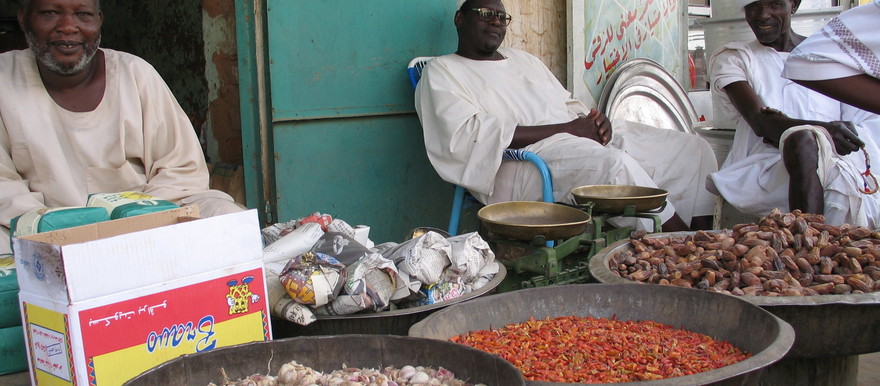Sudan’s inflation rate declined for a third consecutive month in October, slowing to 28.2 percent from 39.2 percent in September, the Central Statistics Office said on Wednesday, as the effect of fuel subsidy cuts introduced last year eased.
Prices have soared in Sudan since South Sudan seceded in 2011, taking with it three-quarters of the country’s oil output, the main source of the foreign currency used to support the Sudanese pound and to pay for food and other imports.
The rising cost of living has caused social discontent. Austerity measures and subsidy cuts prompted protests last year in which dozens were killed and hundreds were injured.
“Last year, when the government introduced economic measures to remove fuel subsidies, inflation rose from 27 percent in September to 40 percent in October as a result of this shock,” Al-Alim Abdel Ghani, a senior statistics official, told Reuters.
“In recent months, the economy has begun to absorb this shock,” Ghani added.




